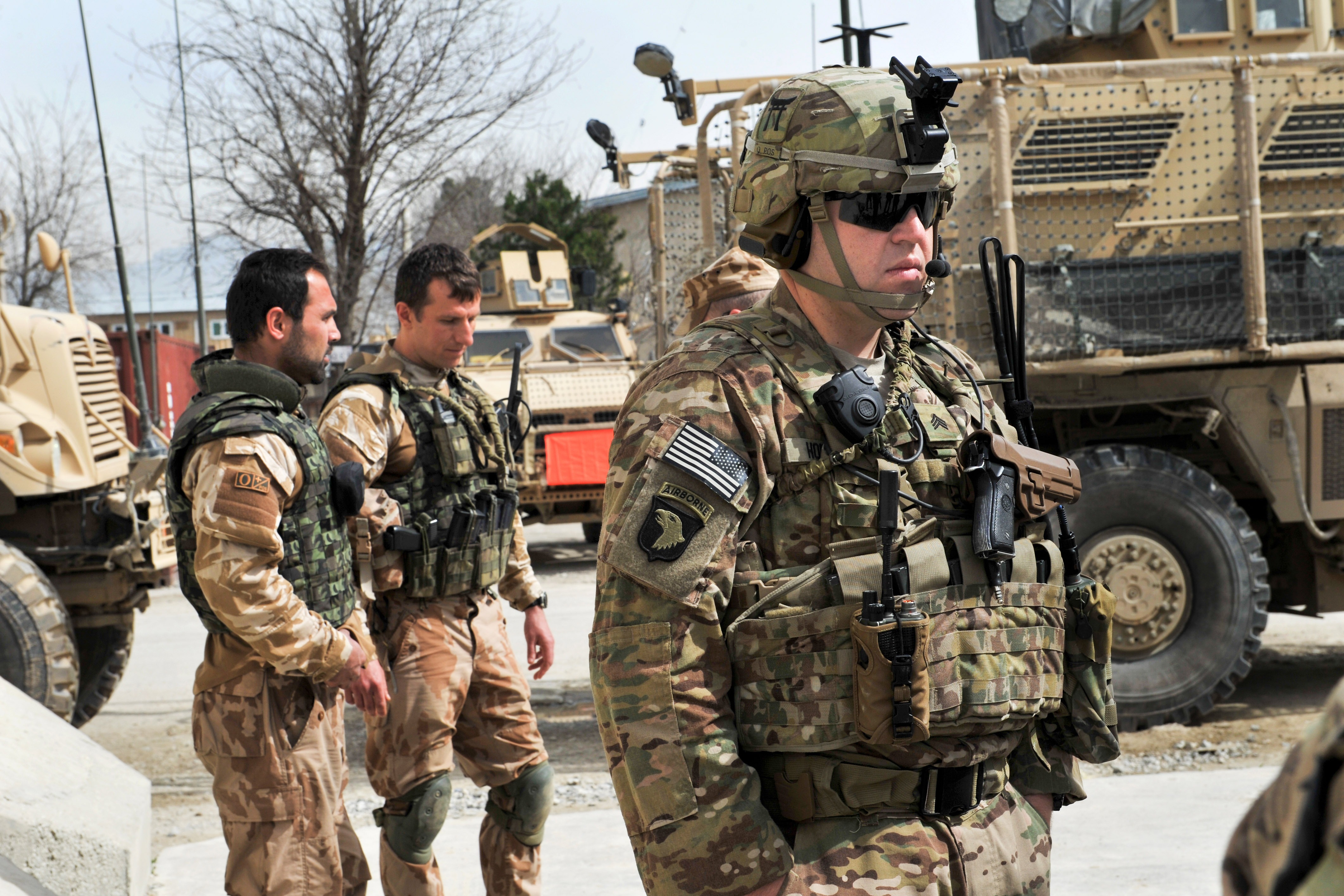More than three decades ago, former Soviet forces withdrew from Afghanistan because of the prolongation of the war and the enormous costs involved, but unwarranted Soviet entry into Afghanistan had far-reaching implications for Afghanistan. The Soviet withdrawal from Afghanistan took place two years before the fall of the Soviet Union, with no commitment to support former President Mohammad Najibullah.
It was clear that the People’s Democratic Party of Afghanistan would not last long under those circumstances, but what was most important was the Soviet deliverance from a war, with more than 100,000 fighters, more than 13,000 killed and 35,000 wounded on the Soviet side. It failed to meet the aspirations of the Soviet leaders.
In a meeting with Najibullah to announce the Soviet withdrawal from Afghanistan, Mikhail Gorbachev said, “Our only wish is for Afghanistan to be a neutral and independent state and a friend of Soviet Union, not a base for a hostile activity that would threaten the security of its neighbours.”
From February 15, 1989, when General Boris Gromov, commander of the 40th Soviet Army Division left Afghanistan until December 25, 1991, when the Soviet Union collapsed it took less than three years for the pro-Soviet leftist government to be overthrown by the Mujahedin.
Gorbachev’s intended Afghanistan not only did not remain impartial and independent but was turned into an arena of regional geopolitical rivalries and enduring domestic conflicts and ultimately among the Jihadi groups, the Taliban who were more powerful took over with the support of the regional and trans-regional geopolitical actors. So the challenges that began in the 1970s expanded and Afghanistan became the scene of domestic, regional and international insecurity.
Less than 10 years had passed since the Soviet collapse in neighbouring Afghanistan that the 2001 terrorist incident was linked to Afghanistan’s internal affairs. Taliban’s support for al-Qaeda, which claimed responsibility for the terrorist incidents (9/11) brought the world, the region and Afghanistan into a new phase of transformations and unintended consequences. The United States and its allies’ invasion of Afghanistan lasted more than 13 years from October 7, 2001, to December 28, 2014, during which about 20,000 troops were killed on both sides and 20,000 Afghan civilians also lost their lives.
What Afghan citizens have gained after 35 years of occupation of their country is insecurity, homicide and killings inside the country and displacement of millions of Afghans in neighbouring countries and elsewhere in the world who hope to survive and return to their homeland.
The scenario of Soviet withdrawal from Afghanistan was repeated this time by the United States with the signing of a peace agreement with the Taliban. Although any political upheaval aimed at reducing insecurity and killing civilians in any geographical area is something positive, but the repetition of the scenario of uncalled for US intervention in Afghan territory and its exit under these conditions would have other challenging implications within Afghanistan and beyond and will face Afghanistan’s nascent democracy which is in its inception stage with danger.
The United States signed a peace agreement with the Taliban on February 29, 2020. Apart from the nature and executive guarantee of such agreements, what can be anticipated is a new era of internal actions of ethnic, religious, and political groups with the support of regional and trans-regional powers that are geopolitical in nature and are likely to be geopolitical actors. It is expected to exacerbate the instability of the government in Afghanistan. However, after several rounds of elections, the elected governments have failed to exercise full control over the geographical area of Afghanistan. The fundamental divide between the official and legal forces and the Taliban’s control over important parts of Afghanistan will make it easier for geopolitical actors to enter the country.
What is clear is that the ethnic, religious and political conditions of Afghanistan demand the establishment of a strong government with the support of domestic forces. Reliance on ethnic, religious, and political groups for regional and trans-regional forces will prolong the crisis in Afghanistan. The need for a strong government is a priority for neighbouring countries in Afghanistan. If Afghanistan’s political structure is strong enough, it will be able to maintain stability and security. Otherwise, any weak and dependent political structure will add to the persistence of the crisis and its resulting insecurity in Afghanistan and create new geopolitical space for action. This has been the case in Afghanistan for the past four decades.










0 Comments